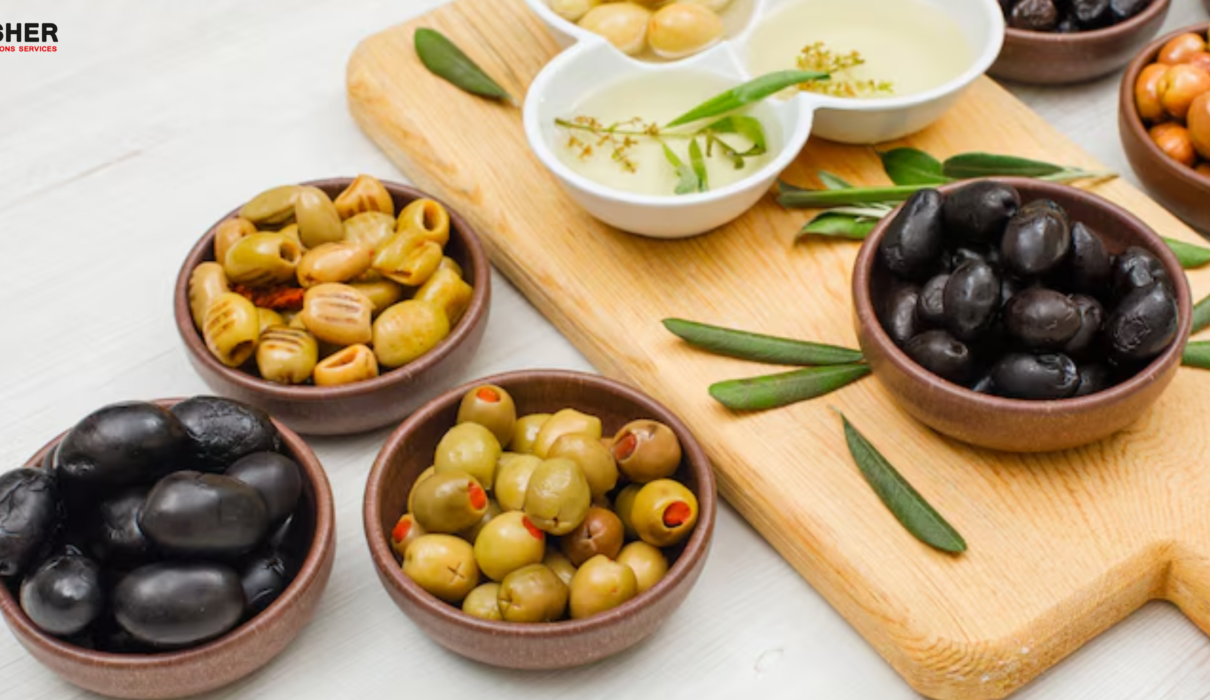Walk through any grocery store, and you’ll likely see symbols like OU, Kof-K, or Star-K on packaged foods. These aren’t just branding marks—they’re Kosher Certification symbols. For many consumers, these labels offer more than just dietary assurance; they represent cleanliness, quality, and trust.
What Is Kosher?
The word “kosher” means “fit” or “proper” in Hebrew. It refers to food that follows Jewish dietary laws, known as kashrut. These rules come from the Torah and outline what people can eat and how to prepare it correctly.
Kosher Certification guidelines divide food into three main categories:
-
Meat: Only animals like cows, goats, and sheep qualify as kosher. Slaughter must be humane and carried out by trained professionals following Jewish law. Kosher practices also prohibit mixing meat with dairy.
-
Dairy: All milk-based products must come from kosher animals and must stay completely separate from meat, both in cooking and serving.
-
Pareve: These neutral foods include fruits, vegetables, grains, and certain fish (with fins and scales). Pareve foods can be eaten with either meat or dairy, which makes them highly versatile.
What Does Kosher Certification Mean?
Kosher certification proves that a product meets all kosher requirements. A trusted rabbinical agency inspects the facility, checks ingredients, and monitors the production process. If everything aligns with kosher law, the agency grants the company permission to display its certification symbol on the packaging.
These symbols give shoppers peace of mind, showing that the product follows a strict and transparent set of rules.
Why Do Businesses Get Kosher Certified?
More and more companies choose kosher certification—and not just for religious reasons. Here’s why:
-
Access to New Markets: Certification allows brands to sell to Jewish consumers who follow kosher diets, as well as others with specific dietary needs.
-
Health Appeal: Many consumers, including vegetarians and those with allergies, see kosher labels as signs of cleaner, more carefully prepared food.
-
International Growth: Countries with large Jewish populations often require kosher certification for food imports.
How the Certification Process Works
The process begins with an application. A company submits details about its ingredients, suppliers, and manufacturing practices. Next, a rabbi or kosher supervisor visits the facility to observe how the food is made. Once everything meets the requirements, the agency issues a certification and allows the company to use their symbol.
But Kosher certification doesn’t stop there. Agencies carry out regular inspections to make sure standards are consistently maintained.
How to Spot Kosher Products
Look for a recognizable kosher symbol on the product label. Some of the most trusted ones include OU (Orthodox Union), OK, Kof-K, and Star-K. Additional letters may appear next to the symbol, like “D” for dairy or “P” for products certified for Passover.
Final Thoughts
Kosher certification goes far beyond religious tradition. It’s a symbol of food safety, ethical preparation, and high-quality standards. Whether you follow a kosher diet or simply want more control over what you eat, these labels help you make informed, confident choices.

